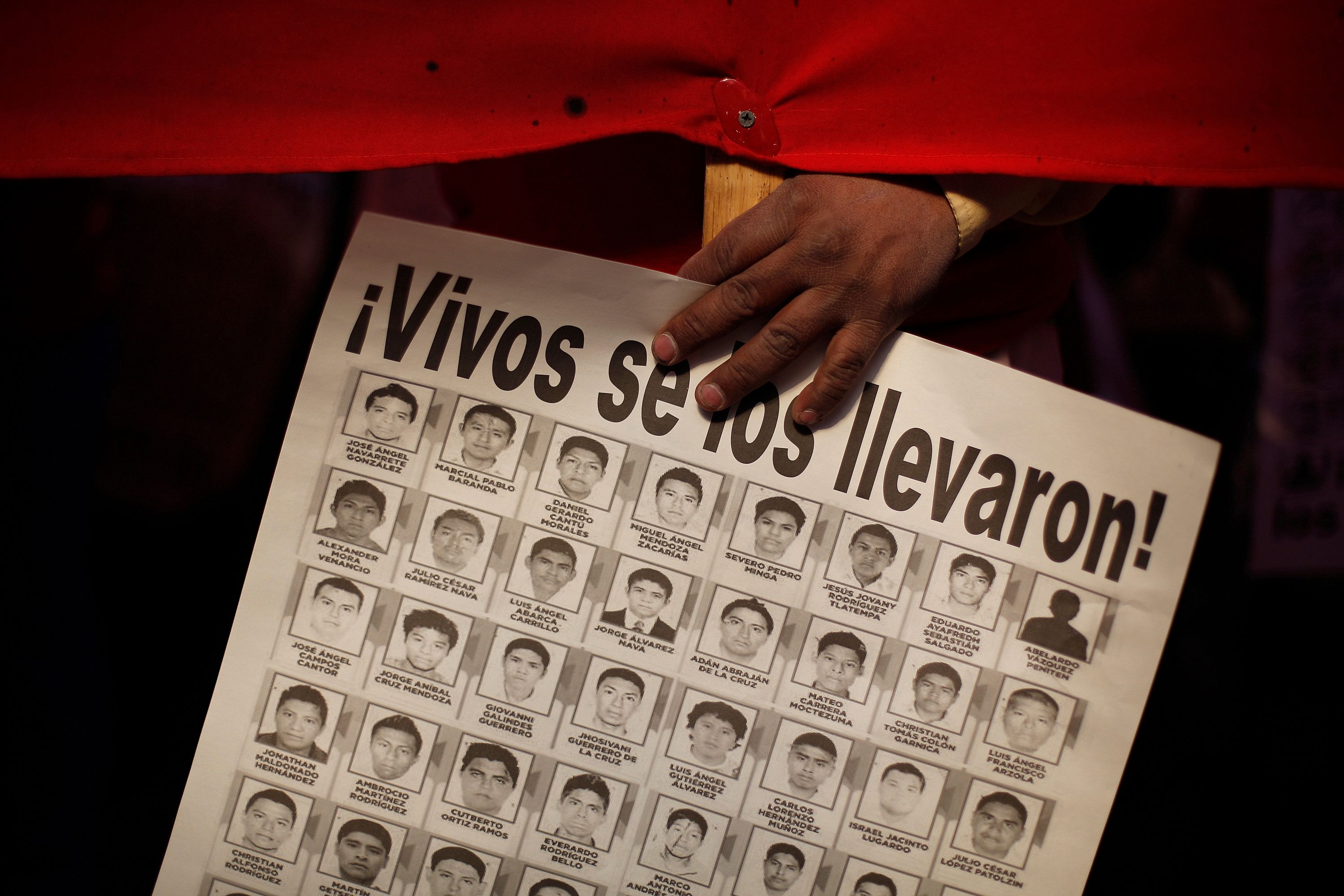January 07, 2020
59: In the central Chinese city of Wuhan, 59 people have been struck by a mysterious pneumonia-like illness, with symptoms including high fever and lung lesions. Chinese officials – traumatized by the memory of the deadly 2002 SARS outbreak – are working full-time to identify the mysterious illness.
61,000: More than 61,000 people have disappeared as a result of Mexico's deadly drug war, according to new government data. While some of these cases date back to the 1960s, majority of disappearances have occurred since the 2006 government crackdown on organized crime groups.
50: At least 50 people were killed and more than 200 injured in a deadly stampede during the funeral procession for slain Iranian general Qassim Suleimani. The main street leading to the funeral was too narrow to accommodate the tens of thousands of mourners who flocked to Suleimani's hometown, according to witnesses.
42: President Trump started the new year with an approval rating of 42.6 percent, making him the most unpopular president since Gerald Ford to run for re-election, according to FiveThirtyEight. Ford's approval rating hovered at 39 percent at the beginning of 1976, and he then lost the November election to Jimmy Carter.
More For You
Tools and Weapons – A special edition on the AI Diffusion Report, with Juan Lavista Ferres
Jan 13, 2026
In this special edition of Tools and Weapons, Microsoft Vice Chair and President Brad Smith sits down with Juan Lavista Ferres, Chief Data Scientist and Director of the AI for Good Lab, to unpack the most striking insights from Microsoft’s newly released AI Diffusion Report. Their conversation explores the growing reach of generative AI, the accelerating pace of technological progress, and what this moment means for societies and economies around the world. The discussion examines how generative AI is spreading globally, and why the speed of diffusion will determine who benefits most. Together, they highlight countries leading the charge, including the UAE, Singapore, and South Korea, and explore the rise of models such as China’s DeepSeek across parts of Africa, offering a clear-eyed look at how AI adoption is reshaping global power, opportunity, and impact. Subscribe and find new episodes of Tools and Weapons wherever you listen to podcasts.
Most Popular
Thailand's caretaker Prime Minister Anutin Charnvirakul, a Bhumjaithai Party leader and prime ministerial candidate, arrives for a party list registration event ahead of the upcoming election, in Bangkok, Thailand, December 28, 2025.
REUTERS/Athit Perawongmetha
30%: A pair of surveys showed that Thailand’s progressive opposition party is leading the polls ahead of the Feb. 8 general election.
Mastercard Economic Institute's Outlook 2026 explores the forces redefining global business. Tariffs, technology, and transformation define an adaptive economy for the year ahead. Expect moderate growth amid easing inflation, evolving fiscal policies, and rapid AI adoption, driving productivity. Digital transformation for SMEs and shifts in trade and consumer behavior will shape strategies worldwide. Stay ahead with insights to help navigate complexity and seize emerging opportunities. Learn more here.
© 2025 GZERO Media. All Rights Reserved | A Eurasia Group media company.
